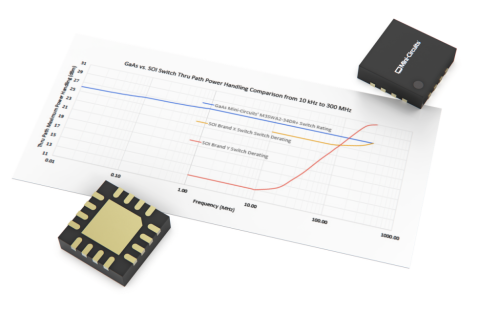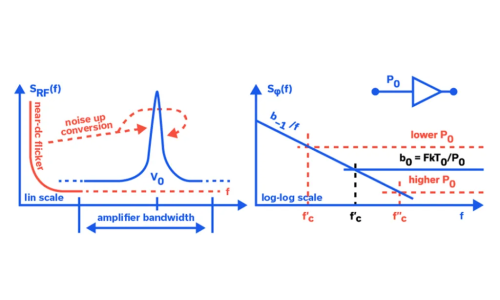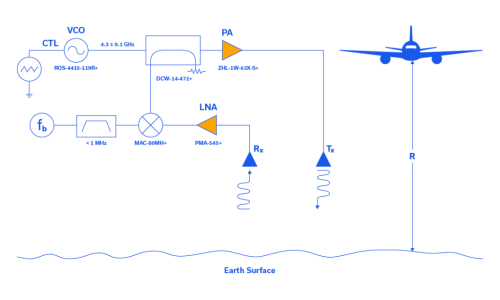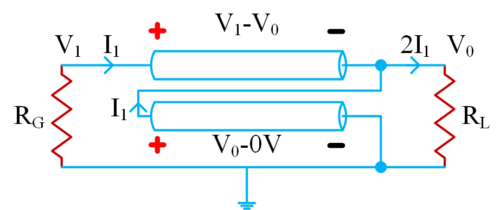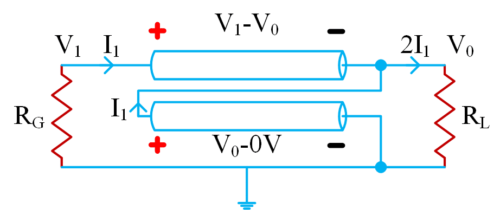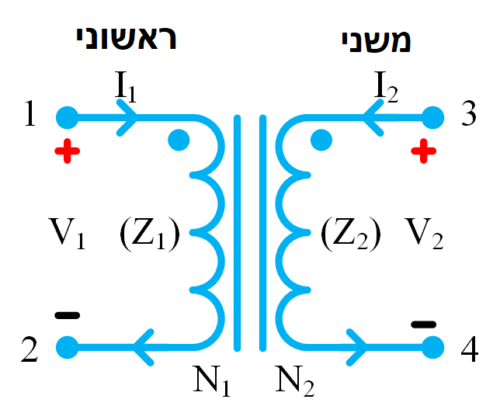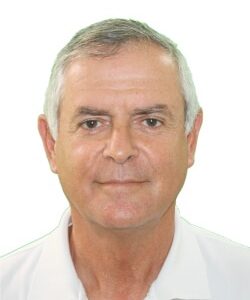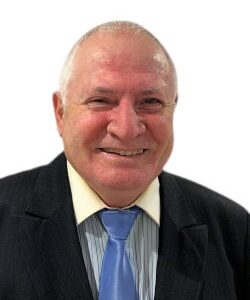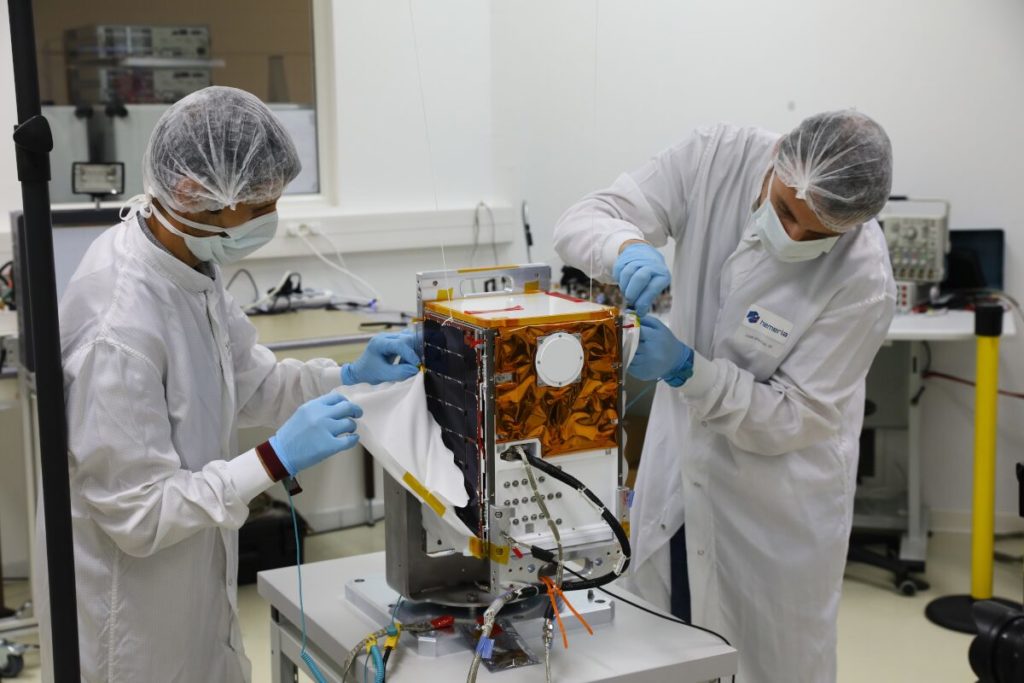
New Space applications
Moshe Doubior, Business Development Manager
MCDI, Mini-Circuits Exclusive Representative in Israel
Undoubtedly, the space industry is one of the strongest innovation drivers today.
In the past, space applications helped making our lives on earth better with applications that resulted from Space technologies such as:
- Airbag
- ABS
- Satnav – GPS
- Baby formula
- Portable vacuum cleaners
- Blankets
- Cardiac pumps
- Artificial limbs
- Internet & Internet services
- Camera sensors
- Embedded web technology & IoT
- Mobile communication
- Memory foam
- Food freeze drying
- Infrared thermometers
- Invisible braces
- Scratch resistant lenses
- Computer mouse
- Laser radar for laser eye surgery
- Air purifiers
- Athletic shoes
- Water filtration systems
- Wireless headsets
- CAT scanners
- And many more
These were all developed during the “old” space age and their usefulness is undeniable.
With the New Space era that started to emerge in the last decade, many new applications have been invented and implemented. Launchers were made reusable (unthinkable before 2015 when SpaceX first achieved a successful landing and recovery of a first stage launcher), while numerous satellites and components were further downsized with the use of nanotechnology, leading to an increased pace of satellite launches. The New Space programs are mainly financed by the private sector, and therefore need to be economical, cost saving, vs the old space methods.
Although some companies have gained a high level of success in the New Space sector, profitability is the key obstacle for many New Space firms and startups. Developing new applications for a still relatively limited market, even if constantly expanding, requires a high degree of capital and, eventually, a product that can sell at profit. Today’s New Space applications trends include:
- Cheaper Miniature Satellites, allow for missions not easily achievable with large satellites (global wireless communications, scientific observation, data gathering, monitoring, GPS and more).
- Space manufacturing using advanced technologies via advanced robotics, 3D printing, large space structures, reusable launch vehicles and shuttles, sensors and more.
- Communications through high-capacity antennas, ground stations and LEO satellites.
- Space junk removal and avoidance.
- Sustainable propulsion systems for launchers, electric, non-toxic propellants etc.
- Space exploration for purposes such as mining, science, tourism, Lunar and Martian bases sustainability and more.
- Space data gathering, data processing, analysis, and management.
The Israeli ecosystem is also busy with developing new Space applications. One Israeli startup, for example, discovered a means to produce oxygen from the Moon’s soil. Humans living on the moon is fast becoming a serious possibility but may not happen tomorrow or in a timely manner to ensure a sufficient source of income for this startup. As a result, they set out to find ways to utilize their technology back home on Earth, such as converting carbon emissions into usable raw materials. This revenue potential is undoubtedly far more promising for them in the short-to-medium term, and it may just enable them to thrive.
We benefitted from applications from the old space industry after they were implemented for space, while, interestingly, with the new space, new space applications may find their place in our everyday life much before they are implemented in space.
In any case, the benefits of space research and applications must be considered for the opportunities they provide on Earth, in all aspects of our lives, and their tangible impact on high-tech, R&D, Science, climate change, food security, agriculture, water, and other areas.
Understanding this makes Neil Armstrong’s words, “That’s one small step for man, one giant leap for mankind,” even more meaningful today.
From the first step on the moon to where we are today, humanity has achieved incredible things. Stuff from science fiction when I was a child are a reality today that we take for granted. All of this would not have happened without the old space, the bravery of astronauts. Success and progress rely on a can do, why not, no fear attitude, and this is found in spades in the old space as well as the new space.
Today I’m not the 5-year-old kid watching the first step on the moon with excitement anymore, but Space still makes me dream and hope. I’m not likely to be boarding a low-cost aircraft to the moon and relaxing in an Airbnb suite with a tranquility sea view soon, but who knows, it might still happen during my lifetime. I wish!
Other articles in this mini-series:
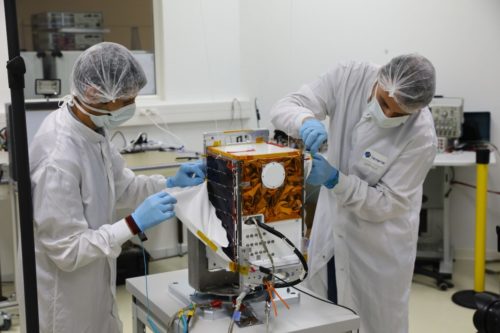
New Space applications
Undoubtedly, the space industry is one of the strongest innovation drivers today.
In the past, space applications helped making our lives on earth better with applications that resulted from Space technologies such as:
Airbag
ABS
Satnav – GPS
Baby formula
…

Israel’s astronauts in Space
Ilan Ramon was born in 1954 in Ramat-Gan, Israel. His father Eliezer fled Germany in 1935 and his mother Tonya survived the Auschwitz extermination camp. Ilan’s parents immigrated to Israel after the second world war, in 1949. Ilan grew up in the town of Beer Sheba (south of Israel) and graduated from high school in 1972. In 1972, Ilan graduated with a B.Sc. degree in electronics and computer engineering from the Tel Aviv University.
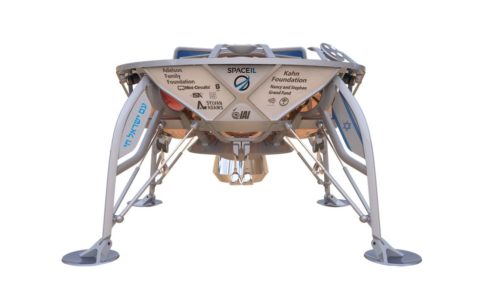
Space IL – The Israeli Moon landing mission
The adventure began in 2011 with SpaceIL as the dream of three Israeli entrepreneurs: Yariv Bash, Kfir Damari, and Yehonatan Weintraub, and swiftly grew into a national project with numerous funders, collaborators, employees, and volunteers. Harvey Kaylie, the founder of Mini-Circuits (Z”L), became aware of this project and was one of the first to support this unique and historic endeavor aiming at strengthening the high-tech sector, promote education and see Mini-Circuits’ name literally reach the moon.
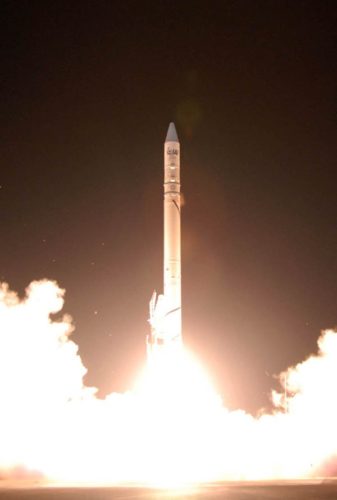
The Israeli Space Industry
Israel has a lengthy history of accomplishment in space, including technological advancement, applications, and competitive products. The Space Program began in the 1980s, when Israel was the ninth country in the world to successfully launch and position satellites in space. This was an extraordinary achievement for a country of less than 4 million inhabitants at the time.
The primary goal was and continues to be to build a comprehensive infrastructure for space research. Due to security concerns and a lack of resources, Israel has primarily focused on miniaturizing technologies and developing small, light satellites with high resolution, remote sensing, and communication capabilities. Israel is regarded as a world leader in this industry: a small country with a significant technological advantage. The primary activities of Israel’s space industry include satellite development, production, and operation, as well as the selling of communication services and remote sensing.
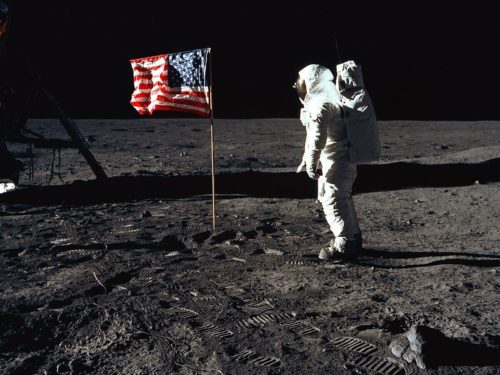
The Global Space Industry
Space has fascinated and perplexed humans since the beginning of time. Evidence stretches back to prehistory, and space and stars can be found in religions, mythology, cosmology, and astrology. Our basic existence is dependent on the stars, moon, and sun, and our calendars, days, seasons, and so on are all related to them and their cycle. From the period when people thought the earth was flat to now, especially in the last half-century, space exploration has made great advances forward, with some even talking about making humanity multi-planetary.


